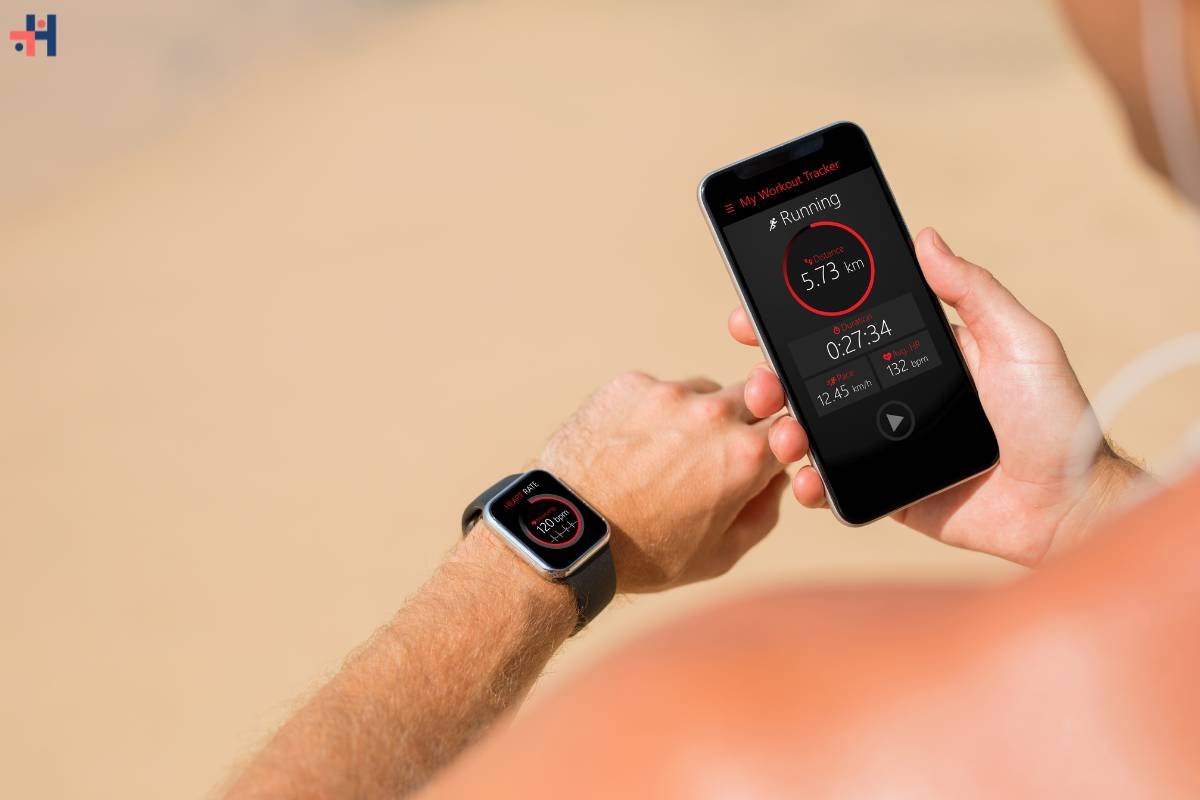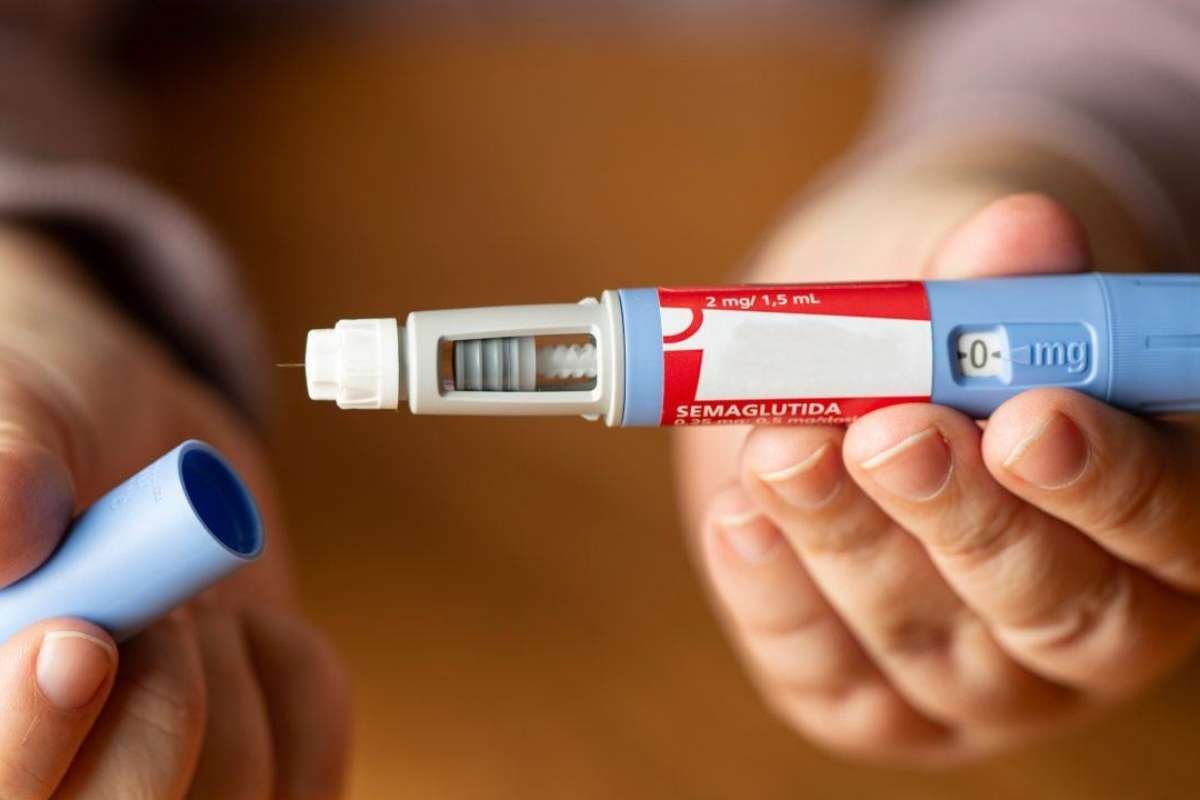Maintaining a healthy heart is more critical than ever in today’s world. The revolutionary technology of fitness trackers has emerged as a powerful tool in our pursuit of well-being. Beyond counting steps and tracking calories, these devices can play a pivotal role in keeping our hearts in top shape. This article will guide you on how to harness the potential of your fitness tracker to prioritize and enhance heart health.
Understanding the Basics of Fitness Tracker:
Your tracker is not just a fancy accessory; it is a sophisticated device designed to monitor various aspects of your physical activity and health. From tracking your daily steps to monitoring sleep patterns and heart rate, these gadgets have evolved into comprehensive health companions. Utilizing the data they provide can significantly contribute to your heart health journey.
1. Monitoring Heart Rate:
One of the key features of fitness tracking device is real-time heart rate monitoring. This data provides valuable insights into your cardiovascular health. By wearing your tracker regularly, you can keep a close eye on your heart rate throughout the day, allowing you to identify patterns and anomalies. The continuous monitoring ensures that any irregularities are promptly detected, enabling you to take necessary actions and consult with healthcare professionals if needed.
2. Setting Heart Rate Zones:
Most of the trackers allow users to set personalized heart rate zones based on their fitness goals. Whether you aim to boost cardiovascular endurance or burn fat efficiently, these zones help tailor your workouts for optimal heart health. Regularly checking your fitness tracker during exercise ensures that you stay within the target heart rate range, maximizing the benefits of your workouts for your heart.
3. Tracking Physical Activity:

Physical activity is directly linked to heart health. Your tracker acts as a reliable companion in monitoring your daily activity levels. From steps taken to distance covered, it keeps you informed about your overall physical engagement. Consistently achieving activity goals, as tracked by your fitness device, contributes to better heart health by promoting blood circulation and maintaining a healthy weight.
4. Utilizing Sleep Data:
Adequate sleep is a crucial component of heart health. Many fitness trackers are equipped with sleep monitoring features, offering insights into the duration and quality of your sleep. By understanding your sleep patterns, you can make informed lifestyle changes to ensure you get the recommended amount of sleep each night. Quality sleep is associated with lower stress levels and a healthier cardiovascular system.
5. Calibrating Caloric Intake and Output:
Maintaining a healthy weight is paramount for heart health. Fitness tracking device assist in calibrating your caloric intake and output. By logging your meals and monitoring your physical activity, these devices provide a comprehensive overview of your energy balance. This information empowers you to make informed dietary choices and tailor your fitness routine to support heart health.
6. Staying Hydrated:
Proper hydration is often underestimated in its impact on heart health. Some trackers include hydration tracking features, reminding you to consume an adequate amount of water throughout the day. Maintaining optimal hydration levels supports overall cardiovascular function, ensuring your heart can pump blood more efficiently.
7 Setting Reminders and Alarms:

Modern life can be hectic, and it’s easy to get engrossed in work or other activities, neglecting breaks. Fitness trackers can be programmed to send reminders for short breaks, encouraging you to stand up, stretch, and move around. These periodic breaks not only benefit your overall health but also contribute to maintaining a healthy heart by preventing prolonged periods of inactivity.
8. Incorporating Stress Management:
Chronic stress can have detrimental effects on heart health. Some trackers include stress monitoring features, which analyze heart rate variability to estimate stress levels. By recognizing patterns and triggers, you can take proactive steps to manage stress through techniques such as meditation, deep breathing, or engaging in relaxing activities.
9. Syncing with Smart Devices:
To maximize the benefits of your tracker, consider syncing it with compatible smart devices and health apps. This integration allows for a more holistic view of your health, with data seamlessly shared across platforms. By leveraging this interconnected ecosystem, you can gain deeper insights into your heart health and make more informed decisions about your well-being.

10. Ensuring Device Accuracy:
While it offer an array of features, it’s crucial to ensure their accuracy. Regularly calibrate your device and verify its readings against manual checks, especially when it comes to heart rate monitoring. This diligence ensures that the data you rely on for heart health decisions is precise and trustworthy.
11. Building Healthy Habits:
Ultimately, the key to using your fitness tracker for optimal heart health lies in building sustainable, healthy habits. Consistency is key – wear your device regularly, sync it with relevant apps, and make data-driven decisions to improve your overall well-being. By integrating your tracker seamlessly into your lifestyle, you empower yourself to take charge of your heart health journey.
Conclusion:
Your fitness tracker is not merely a gadget; it’s a potent ally in your quest for a healthier heart. From monitoring heart rate to tracking physical activity and sleep patterns, these devices offer comprehensive insights into your well-being. By utilizing the features discussed in this article, you can leverage the full potential of your fitness tracker to prioritize and enhance your heart health. Remember, it’s not just about the steps you take but the holistic approach to a heart-healthy lifestyle that makes the difference.









